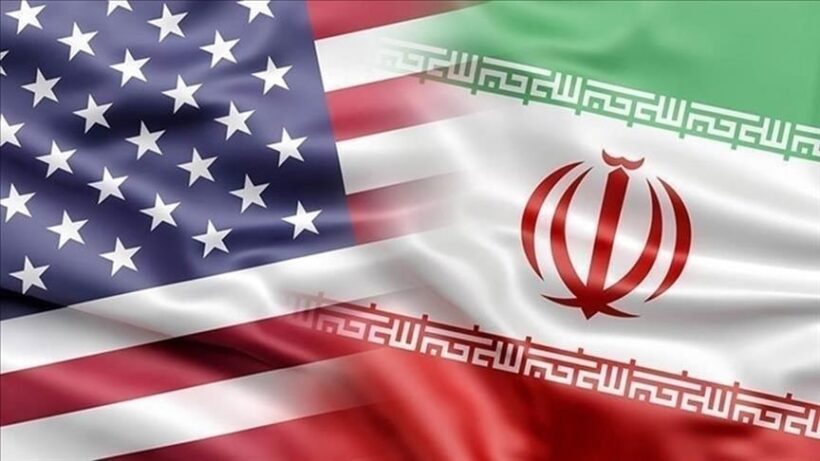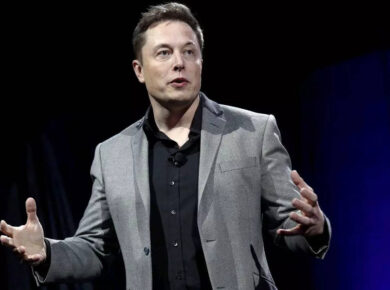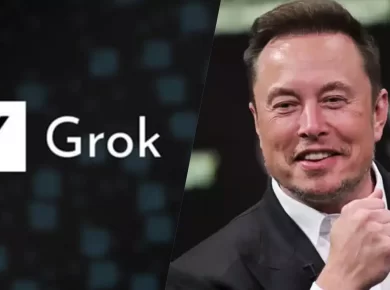Next Round of Iran-US Nuclear Talks Scheduled in Oman
Iran Nuclear Talks in Limbo as Venue Dispute Emerges Amid US-Iran Tensions
High-stakes discussions between Iran and the United States over Tehran’s rapidly progressing nuclear agenda appeared Monday to be moving to Europe. Sources from Italy, including a government official, indicated that Rome would host the next round of talks. However, in a sudden reversal, Iranian authorities announced early Tuesday that negotiations would remain in Oman.
The exact location now remains uncertain. While Washington has yet to confirm the venue, the shifting statements have added confusion to the already sensitive process. Speaking from the Oval Office, President Donald Trump voiced frustration about the pace of the nuclear dialogue, saying, “I think they’re just stringing us along,” during his meeting with El Salvador’s president.
Initially, Saturday’s meeting was expected to be hosted in the Italian capital, according to an Italian government official who spoke to The Associated Press under anonymity due to lack of clearance. Italy’s Foreign Minister Antonio Tajani also indicated that Rome had received and approved the request via Oman, which is serving as the mediator.
Also read: Iran confirms upcoming US talks in Oman this saturday
“We are always open to hosting efforts that can lead to productive outcomes, particularly on nuclear diplomacy,” Tajani stated during a visit to Osaka.
Dutch Foreign Minister Caspar Veldkamp echoed this during a conference in Luxembourg, reaffirming Rome as the chosen city. Iranian Foreign Minister Abbas Araghchi had also reportedly affirmed the Rome location during a call with Iraq’s foreign minister.
But the narrative shifted overnight. Iran’s state news agency IRNA cited Foreign Ministry spokesman Esmail Baghaei, saying the meetings would again take place in Oman. No explanation was provided. The change could be tied to logistical complications—Rome is expecting Easter Sunday celebrations this weekend, which might affect availability and security.
The earlier session of these negotiations took place just days ago in Oman. These discussions are crucial, especially as the US and Iran inch closer to open confrontation. Trump has not ruled out military action if talks fail. On the other side, Iranian officials have openly threatened to weaponize their uranium stockpile, which is now enriched close to weapons-grade levels.
“I want Iran to succeed economically,” Trump said Monday. “But this is a radical regime, and it cannot be allowed to possess nuclear arms.”
Meanwhile, Rafael Mariano Grossi, head of the International Atomic Energy Agency (IAEA), is scheduled to visit Iran later this week. His visit may aim to negotiate greater access for inspectors overseeing Iran’s nuclear activity.
IAEA Visit May Set Tone for Next Round of Dialogue
Grossi’s upcoming visit signals the importance of the IAEA’s oversight, especially as Iran has steadily reduced cooperation with the agency since the US withdrew from the 2015 nuclear agreement in 2018.
Under that accord, Iran agreed to limit uranium enrichment to 3.67%, suitable only for civilian energy purposes. Presently, the nation enriches uranium up to 60%, only a small technical leap from weapons-grade. Analysts suggest Iran has stockpiled enough material for multiple warheads, should it decide to cross that line.
The original agreement had provided Tehran with significant economic relief, unfreezing international assets and lifting sanctions, particularly on oil exports. Since the deal unraveled, those benefits have evaporated. While Iran continues to sell oil to China, it reportedly does so at steep discounts.
Key Sticking Points: Enrichment Levels & Sanctions
The major barriers to a new agreement are familiar: the level of uranium enrichment Iran will be allowed and what sanctions relief the US is willing to offer. Observers anticipate Iran will push to maintain enrichment at 20% or higher, while Washington remains cautious.
“There must be strong guarantees that all commitments will be honored,” said Baghaei. “Given past breaches, this is a non-negotiable point for us.”
On Sunday, Trump confirmed that envoy Steve Witkoff had conducted “productive discussions” in the Middle East, though he offered no specific details. “We’ll decide on Iran very soon,” Trump said aboard Air Force One.
For more updates, visit www.iasmania.com. Please share your thoughts and comments.
If you’re passionate about building a successful blogging website, check out this helpful guide at Coding Tag – How to Start a Successful Blog. It offers practical steps and expert tips to kickstart your blogging journey!






